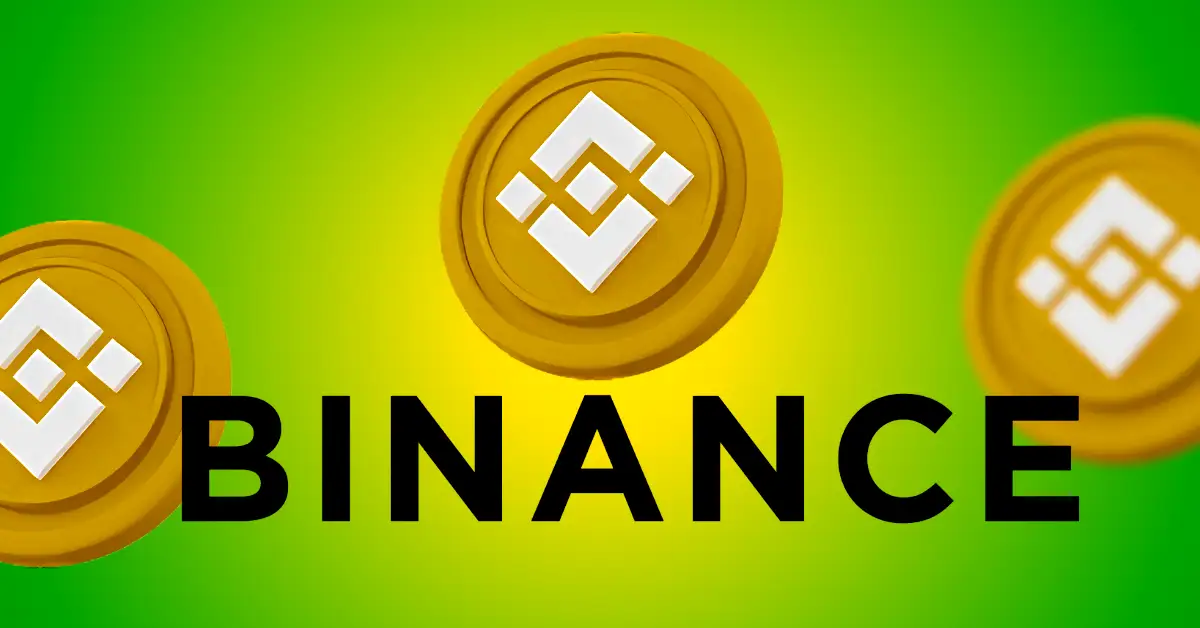
The cryptocurrency market is experiencing a significant surge, with Bitcoin reaching unprecedented heights, hitting an all-time high of $107,000. However, amidst this financial whirlwind, Binance finds itself embroiled in a legal battle with the Australian Securities and Investments Commission (ASIC). The legal dispute centers around Binance Australia Derivatives, with the exchange facing accusations of failing to adequately protect its users. This situation marks another chapter in the ongoing scrutiny Binance has been under from regulatory bodies around the globe.
What Led to the Legal Dispute?
Between July 2022 and April 2023, Binance Australia permitted retail investors to engage in trading high-risk crypto derivative products. Unfortunately, these investors were misclassified as wholesale clients, a designation that excluded them from receiving crucial consumer protections mandated by Australian law. These protections include proper disclosure statements and access to dispute resolution schemes. The misclassification was not an isolated incident, affecting a staggering 83% of Binance’s Australian clientele, raising serious concerns about the exchange’s operational practices.
The Concerns Raised by ASIC
ASIC has expressed deep concerns about Binance’s operational integrity and adherence to legal requirements. The regulatory body has accused Binance of failing to operate fairly within the legal frameworks set by Australian law. ASIC has highlighted deficiencies in Binance’s compliance systems, which were deemed inadequate and lacking transparency. These systemic issues reportedly led to significant financial losses for many clients. ASIC Deputy Chair Sarah Court emphasized that Binance failed to fulfill the obligations of its financial services license, putting investors at risk.
Future Implications for Binance
Binance’s compliance issues are not confined to Australia; the exchange has faced regulatory challenges in several countries, including Nigeria, India, and the United States. These nations have taken a firm stance against Binance’s alleged violations, with the US agencies even linking the firm to illegal money laundering activities associated with funding terrorist groups. Additionally, Binance is currently entangled in an intellectual property theft case in the US. The case involves Mark Longo, the owner of Peanut the Squirrel, who has requested Binance to cease using the name “PNUT” for its memecoin, citing trademark infringement.
ASIC’s Broader Crypto Crackdown
Binance is not the only crypto platform under ASIC’s scrutiny. Prior to this, ASIC imposed fines on Kraken, another major crypto platform, for offering illegal margin trading products in Australia. This misconduct led to local traders incurring losses exceeding $8 million. These incidents serve as stark reminders for investors about the importance of regulatory protection and the inherent risks associated with trading crypto derivatives. While the United States is on the verge of implementing crypto-friendly regulations, other countries, including Australia, are grappling with the challenges posed by outdated and restrictive crypto policies. Whether Australia will adapt in time to effectively navigate the evolving crypto landscape remains to be seen.
In conclusion, the ongoing legal challenges faced by Binance highlight the critical need for robust compliance systems and transparent operational practices within the crypto industry. As the market continues to evolve, the balance between fostering innovation and ensuring consumer protection will be crucial in shaping the future of cryptocurrency trading worldwide.






